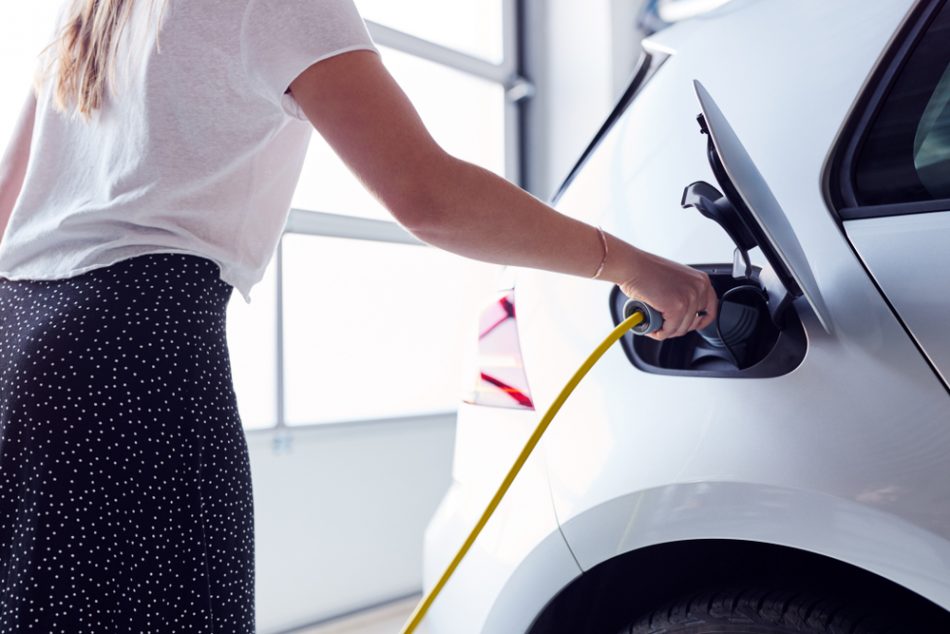Electric vehicles eliminate the harmful emissions of their gas and diesel-powered counterparts, but there is still environmental concern regarding the raw materials used in their production, specifically in batteries. While battery circularity is improving, a new study has found that even with materials required for battery production, electric models require hundreds of times less raw materials than combustion engine vehicles.
The analysis by Transport & Environment (T&E) found that 30kg of raw material will be lost on average over the lifecycle of a lithium-ion battery once recycling is taken into account, compared to 17,000 liters of oil in a gas-powered car. A comparison of raw materials required for production found that oil-using vehicles used 300 times more materials by weight than EVs.
The analysis went on to determine that electric models are superior to combustion engines across multiple metrics including raw material demand, energy efficiency, and cost. They also noted that while raw material extraction for batteries was environmentally damaging, oil extraction took a far bigger toll. Although this does not excuse the need to find more sustainable ways to make batteries entirely circular, it does point out that even with their environmental imperfections, electric vehicles are still vastly more sustainable than gas-powered models.












